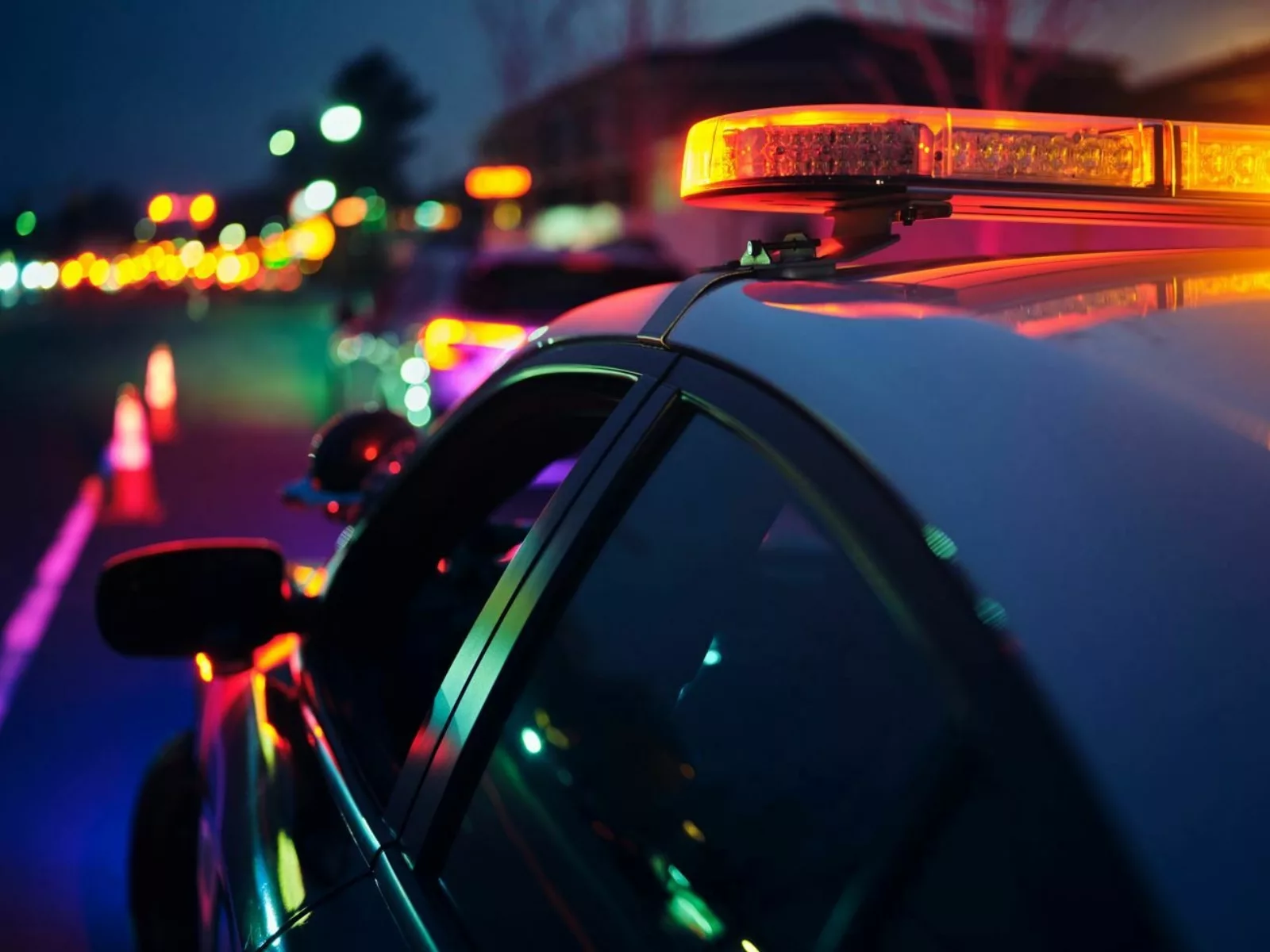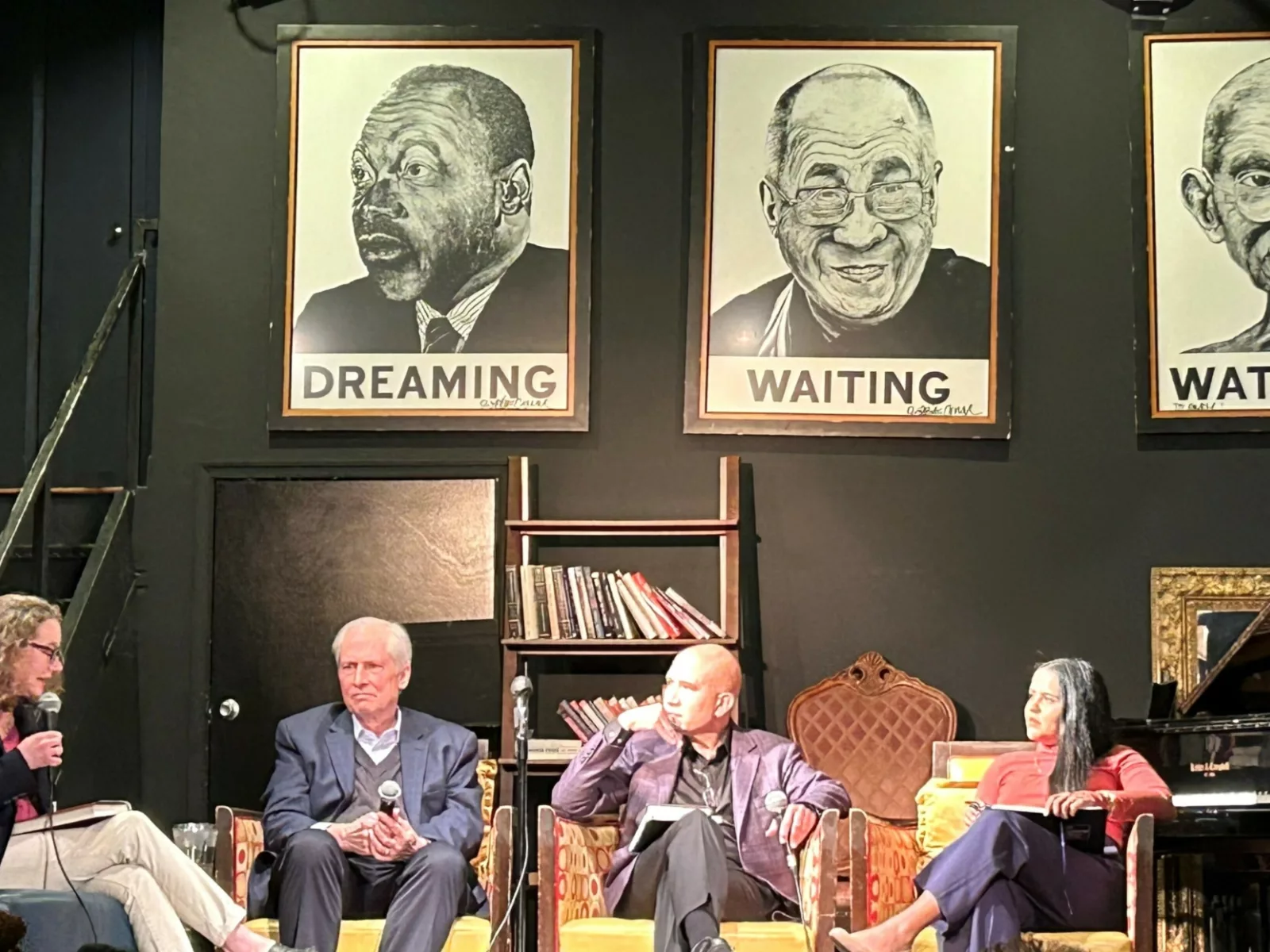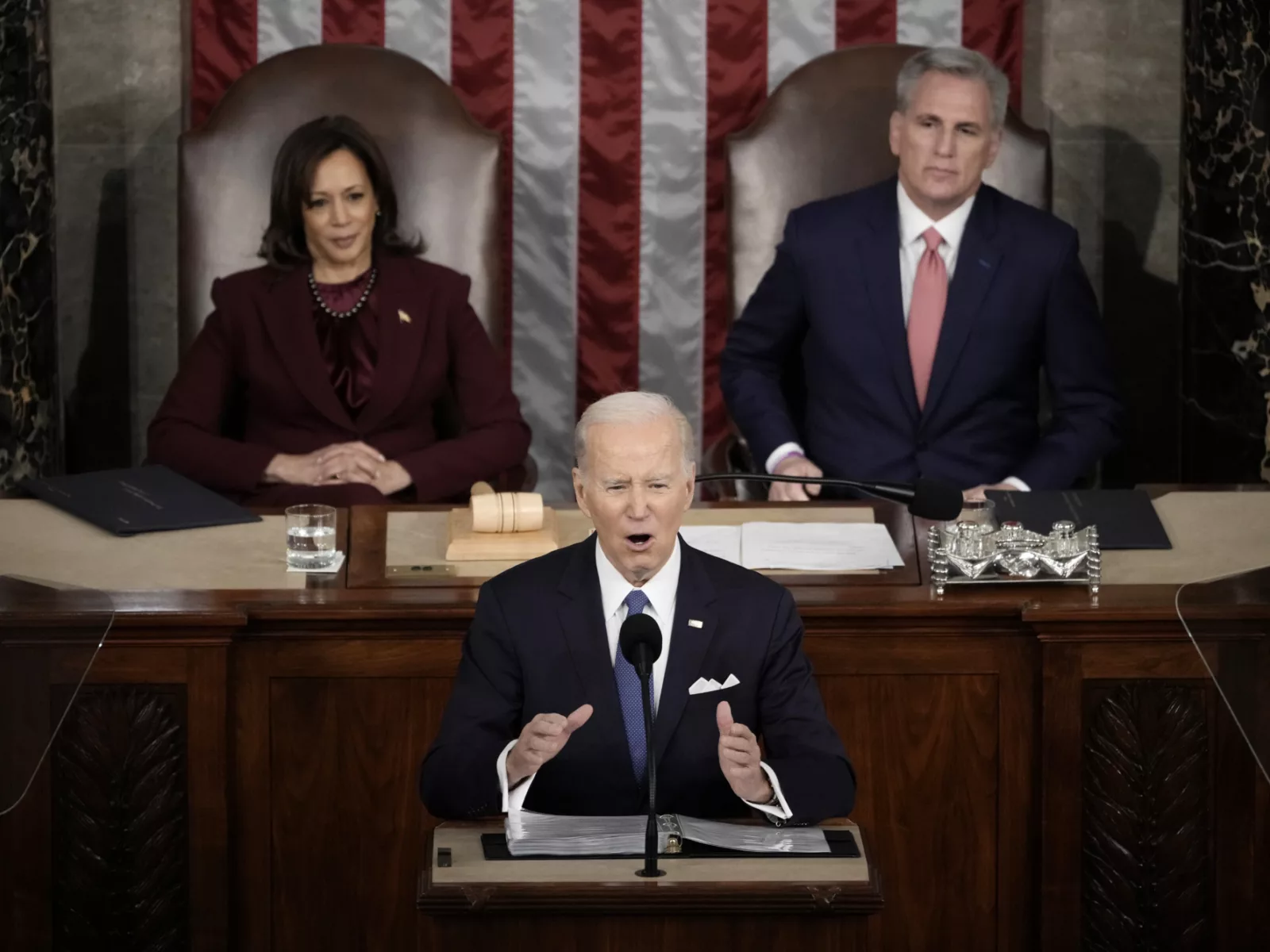This is part 1 of a series on police reform and police accountability.
Read Part 2: Building an Infrastructure Towards Police Accountability
The Rev. Charles Boyer watched the cellphone videos. He read the newspaper investigations. He experienced the racial profiling. He talked exhaustively about the need to hold police accountable. And for years, he felt the emotional punch of a status quo that wouldn’t loosen its hold on his home state of New Jersey.
But recently, he has been experiencing a different sensation: one of change in the air.
Rev. Boyer, who has been fighting for police accountability measures for years, is finally witnessing movement in the Garden State. Legislation that flew through both chambers this summer will strip New Jersey of its distinction as an outlier — one of only three states that doesn’t have a way to decertify officers who commit serious misconduct.
When the law goes into effect in 2024, New Jersey police officers will join its doctors and lawyers and teachers as professionals who need a license to work in their state. And officers who are fired for misconduct won’t be able to simply move on to another agency, where their abuse of the badge and risk to community members can continue under the radar. New Jersey’s extensive legislation addresses “the wandering officer” with guidelines that ensure transparency when an officer is decertified.
It’s a relief to Rev. Boyer, who, as founding director of the New Jersey nonprofit Salvation and Social Justice, has been taking his message across the state since 2018, citing news article after news article in his quest to make leaders understand how major racial disparities in police uses of force can harm communities. Change came in 2019 with an independent prosecutor bill and in 2020 with the New Jersey attorney general’s use-of-force directive, which regulates in what circumstances officers can use force. Then, this summer, police licensing finally was approved.
“We are moving in the right direction, and that is progress,” Rev. Boyer said a day after Gov. Phil Murphy signed the officer certification bill. “So often, advocates are looking at, ‘We have so far to go,’ but I do have to admit that we have come far. I appreciate that.”
Social justice advocates like Rev. Boyer weren’t the only ones seeking this kind of police accountability. The New Jersey State Association of Chiefs of Police had been advocating for a licensing bill for two decades. The state’s ACLU had been pushing for one since 2006. Members of the attorney general’s office had been speaking out in favor of such accountability measures since at least 2018, when an explosive media investigation revealed that a small number of officers across the state accounted for a disproportionate amount of police uses of force. But the topic wasn’t politically palatable — even with Democratic control of both chambers and the governor’s office — because for years, the police unions resisted licensing.
The state was finally able to make headway in 2019 when then-Attorney General Gurbir Grewal introduced the “Excellence in Policing” initiative, which, among other things, tasked a working group with developing a licensure proposal. That group, formed within the state’s Police Training Commission, included law enforcement officers and police reform advocates — and police union representation. Finding common ground among the eclectic group “wasn’t easy,” Gov. Murphy told the media at the bill signing. “The easy thing would have been for everyone to stay in their respective corners.”
Civil rights protests in the wake of George Floyd’s murder also contributed to the push for and passage of more accountable policing policy.
We’re in this moment of hyper-opposition and polarization, so for me, it’s encouraging to see such broad-based support on an issue of policing, where bipartisan, evidence-based reform remains possible.Marc Krupanski director of criminal justice for policing at Arnold Ventures
The governor’s office used the working group’s proposal to form the licensure bill and then lobbied legislators to ensure it would pass. Bringing the state’s police unions in on the ground floor to help form the proposal also led to widespread union support for the bill.
“This licensing program will provide transparency to the communities we serve and will hold our officers accountable in order to maintain a high professional standard and provide the due process they deserve,” said Patrick Colligan, president of the New Jersey State Policemen’s Benevolent Association, in the governor’s news release announcing the legislation. “When our badges are tarnished by bad actors in our profession, it makes us all look bad.”
Until the passage of Senate Bill 2742, New Jersey was one of three states that lacked a decertification process. California was the fourth until it passed Senate Bill 2 last year. Hawaii and Rhode Island are now the only remaining states.
Yet even as many politicians frame criminal justice reform as a partisan wedge issue and police unions continue to block reforms in other areas (including subpoena power for civilian review boards and the elimination of qualified immunity), New Jersey and other states have found ways to build coalitions around police accountability.
“Often, this type of consensus or broad support we’re told is not possible,” said Marc Krupanski, director of criminal justice for policing at Arnold Ventures. “We’re in this moment of hyper-opposition and polarization, so for me, it’s encouraging to see such broad-based support on an issue of policing, where bipartisan, evidence-based reform remains possible. And I think there’s more to that if we can just allow ourselves to get beyond the easy headlines and talking points.”
A System of Checks and Balances
Krupanski said law enforcement leaders appreciate that licensure laws establish a system of checks and balances that helps officers know exactly what to expect from their profession — what it takes to earn and maintain a license and what kind of behavior can result in that license being revoked. Creating a universal standard for certifying and decertifying police is critical, too, so community members can feel assured that officers guilty of serious misconduct will not avoid accountability, he said.
Many police leaders also don’t want to unknowingly employ a rogue officer who has caused problems in other jurisdictions, and a licensing system like the one New Jersey passed — which requires the reporting of decertified officers to a national index — will help avoid the problem of the “wandering officer.”
As the leader of his department for the past 11 years, Sayreville, New Jersey, Police Chief John Zebrowski knows the importance of hiring good officers — and being able to get rid of those who shouldn’t be there. Zebrowski just completed his one-year term as president of the New Jersey State Association of Chiefs of Police and helped directly lobby legislators in support of the licensing bill.
One of Zebrowski’s main objectives as president of the chiefs’ association was to reduce the polarization between law enforcement and New Jersey communities, and this bill, he said, was an important step toward that goal.
“I think there’s some confusion at times as to what the disciplinary process has been for each agency, why certain officers received discipline in a certain fashion as opposed to someone who may have committed a similar act but received different discipline,” Zebrowski said. “That becomes problematic, because if there’s a misunderstanding over what the process is, there becomes doubt that we’re holding our officers accountable.”
Finding Common Ground
Without backing from law enforcement, specifically the unions, it’s very unlikely that the police licensing bill would have passed the New Jersey legislature, said Rev. Boyer of Salvation and Social Justice. “I think if it came from the other direction, had it been an advocate-written bill, it would not have had the same kind of support,” he said.
Having the endorsement of police leaders and unions is also often critical to gaining bipartisan legislative support, which for many states — like North Carolina in 2021 — is the only way to get accountability measures out of legislative chambers and into the streets. Bipartisan support is also extremely helpful when executing legislation, said Josh Parker, senior staff attorney at the Policing Project at the NYU School of Law, which works with stakeholders to enact transparent and effective policing policies and offers model statutes to get the ball rolling. One such model directly addresses decertification.
“It’s always great for these policing reform bills to pass with bipartisan support, both to send a signal to the public and to officers that officers and other public officials are going to be held accountable when they commit serious misconduct,” Parker said. “And it’s also good for the agency that ends up executing the bill and investigating the officers. It helps if they have the support of elected officials across the political spectrum, because when it comes to future budgets or additional staff support that they need, it’s good to have both [sides] on board.”
AV’s Krupanski believes that if politics can be nudged aside, other states could see the kind of success New Jersey saw with the licensing bill.
“The bipartisan support here was very important to counteract the narrative that nothing can be done on policing right now, that it’s either a left/right issue, or you’re either just defunding police or ‘backing the blue,’” he said. “There’s much more common ground that people can find and are finding.”
Accountability Across the Country
Amber Widgery, program principal at the National Conference of State Legislatures — which developed a database that tracks police reform-related bills — has seen many other states find that common ground as those with existing police licensing laws make changes that hold officers to an even higher standard.
In June, Louisiana expanded its reasons for decertifying officers to include being fired or allowed to retire or resign after being disciplined for unauthorized use of force. The bill passed unanimously. And in 2021, Kentucky’s legislature also voted unanimously to give its Law Enforcement Council more authority to decertify police officers found guilty of crimes, expanding beyond felonies to include some misdemeanors. The list goes on.
Just as having a good decertification law is essential for holding police accountable, having a law that removes obstacles to holding police accountable — that either exist in state law or in collective bargaining agreements — is incredibly important.Josh Parker senior staff attorney at the Policing Project at the NYU School of Law
It’s important, Parker said, that as legislators return to chambers to strengthen their police licensing laws, they include language that the legislation supersedes collective bargaining agreements and any state laws that are contrary to licensing, like a Law Enforcement Officer Bill of Rights (LEOBOR).
“Just as having a good decertification law is essential for holding police accountable, having a law that removes obstacles to holding police accountable — that either exist in state law or in collective bargaining agreements — is incredibly important,” Parker said. The Policing Project also offers a model for removing such barriers, and most states, he said, need this kind of legislation.
At least 24 states have a LEOBOR, which can shield officers from being held accountable. They can delay officer interviews with investigators, scrub police complaints after a certain amount of time, prohibit the disclosure of personnel records, and prevent agencies from firing officers.
But that barrier may be showing signs of wear and tear. Maryland, which in 1974 became the first state to pass a LEOBOR, last year became the first state to repeal the statute. Advocates hope the states that followed suit in creating the law will follow Maryland’s lead again in repealing it.
LEOBORs “are often a way state legislators want to show they proudly back the police, and that’s understandable, but in doing so, they often set standards that can undermine accountability,” AV’s Krupanski said. “If we’re really trying to move forward accountability in policing, there are several other barriers that must be addressed at a state level, and the LEBOR is one of them.”





















